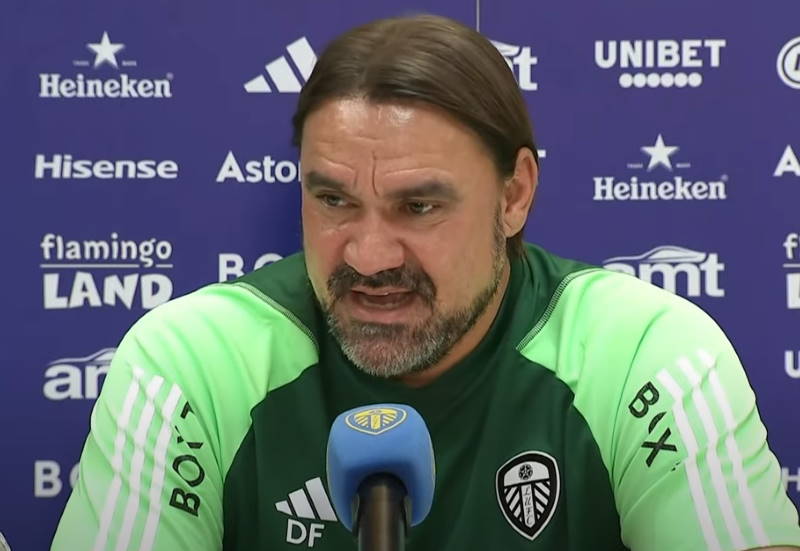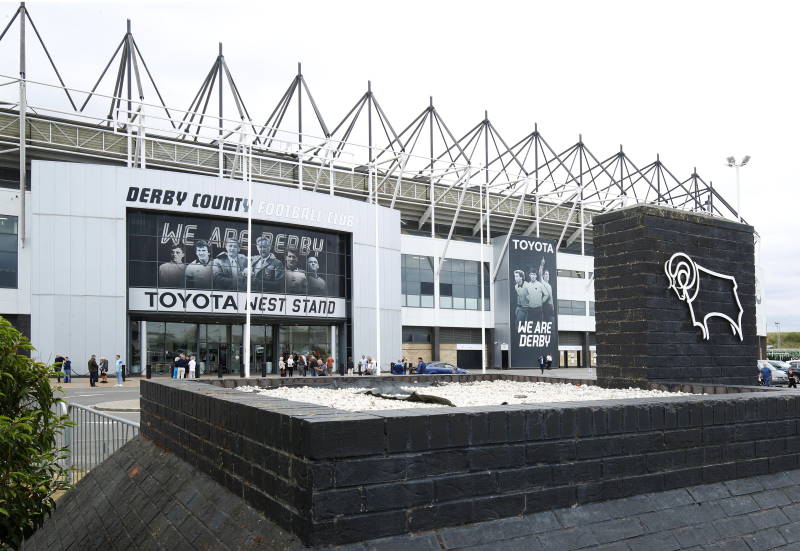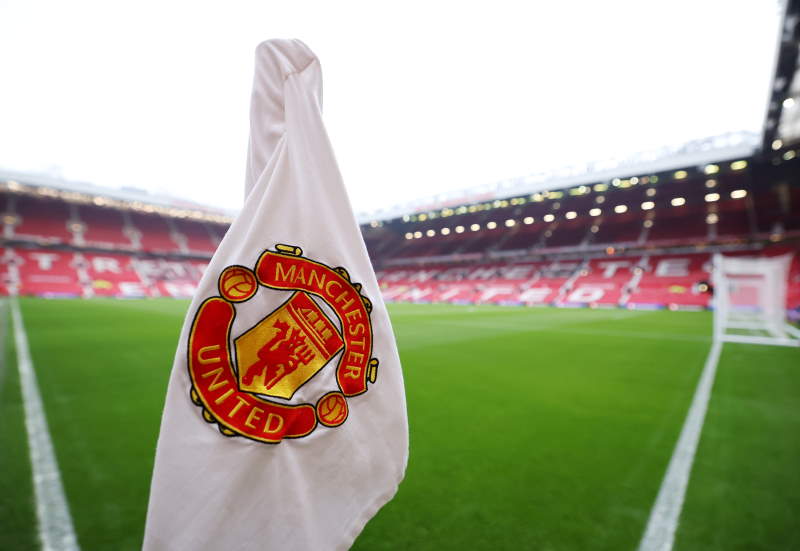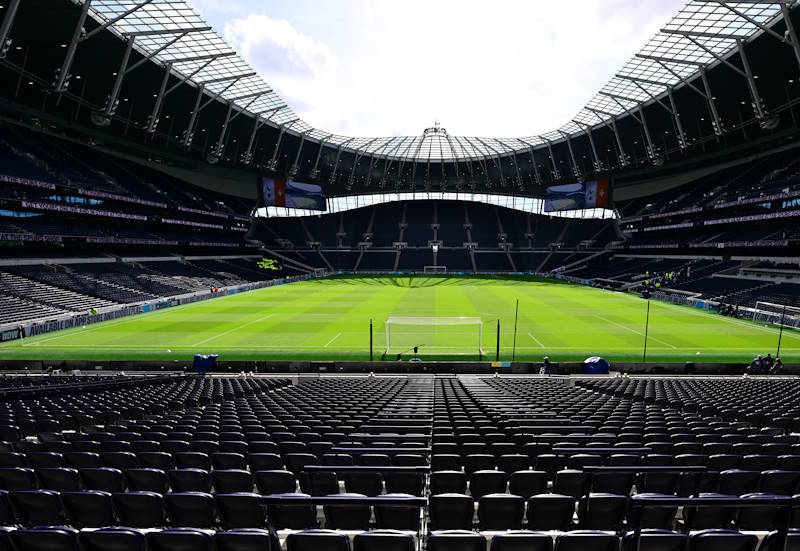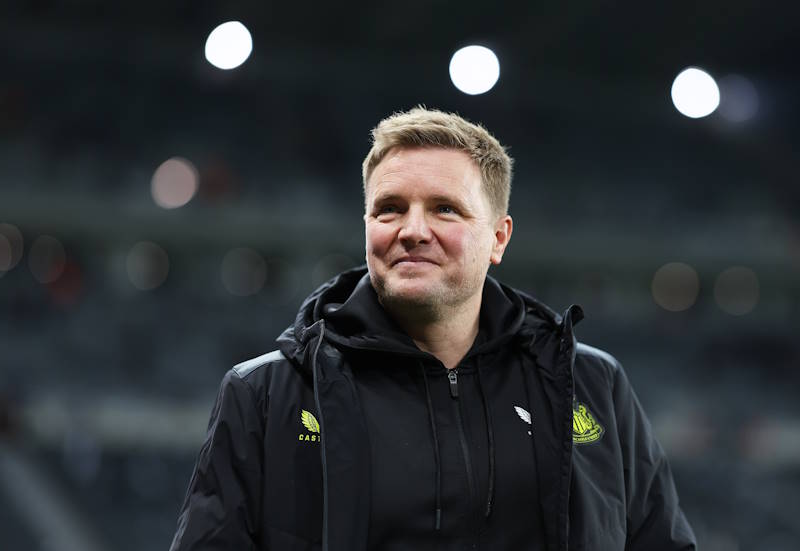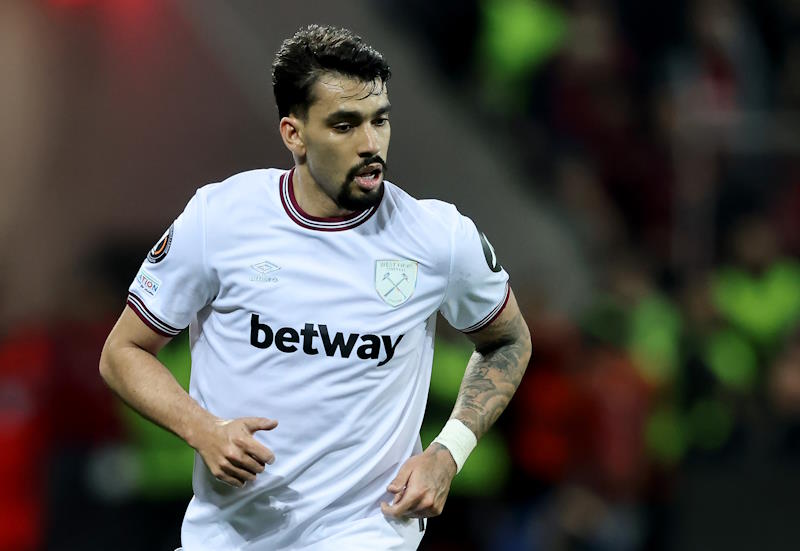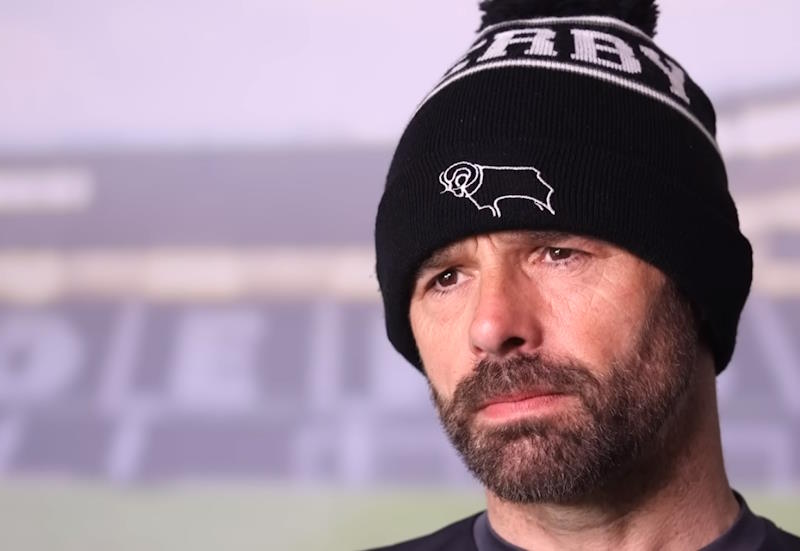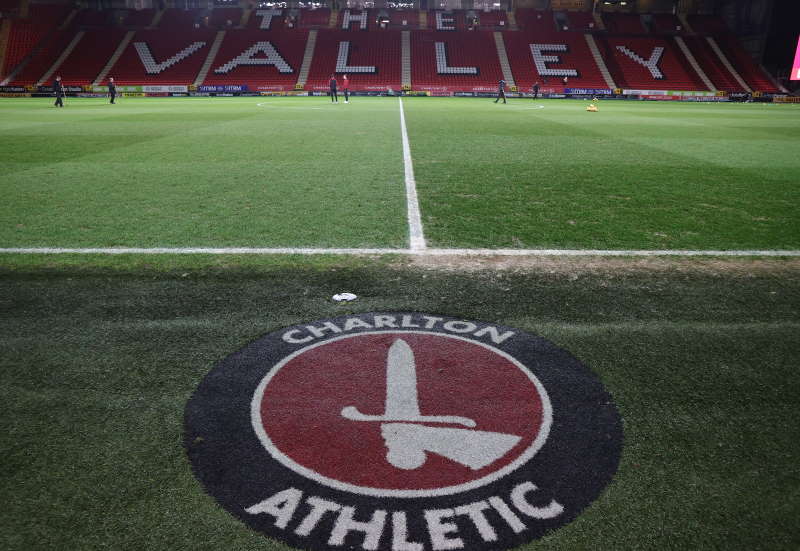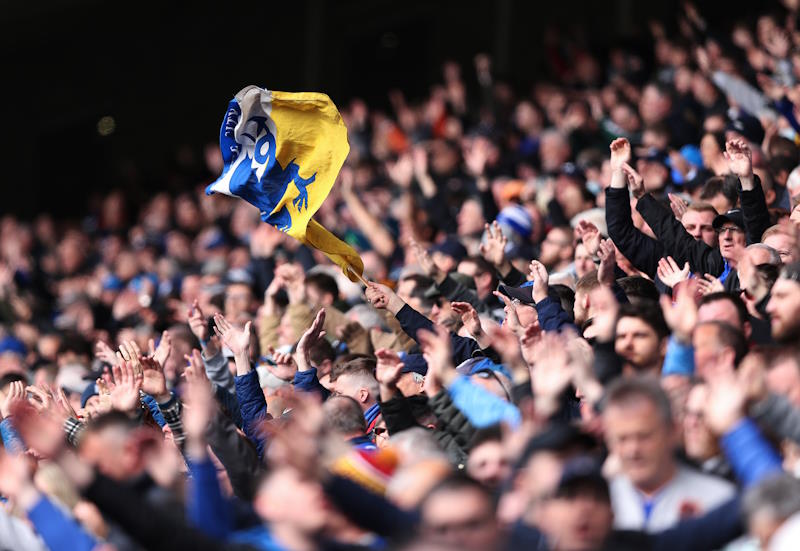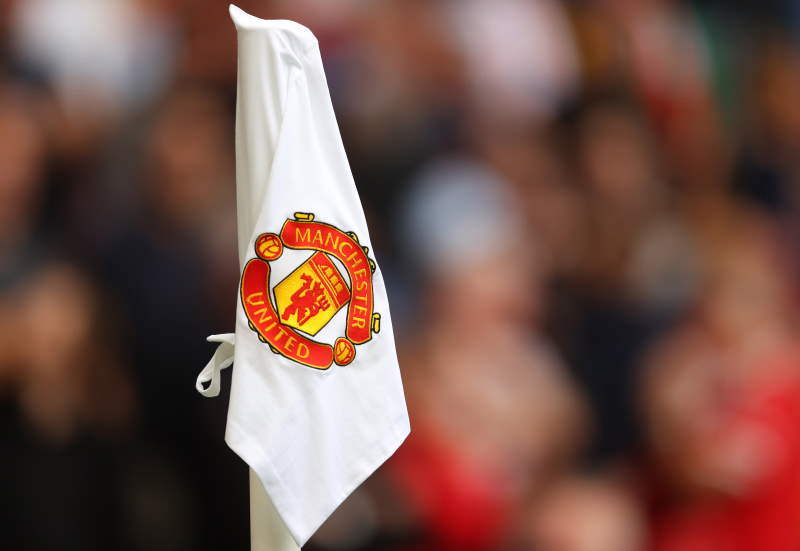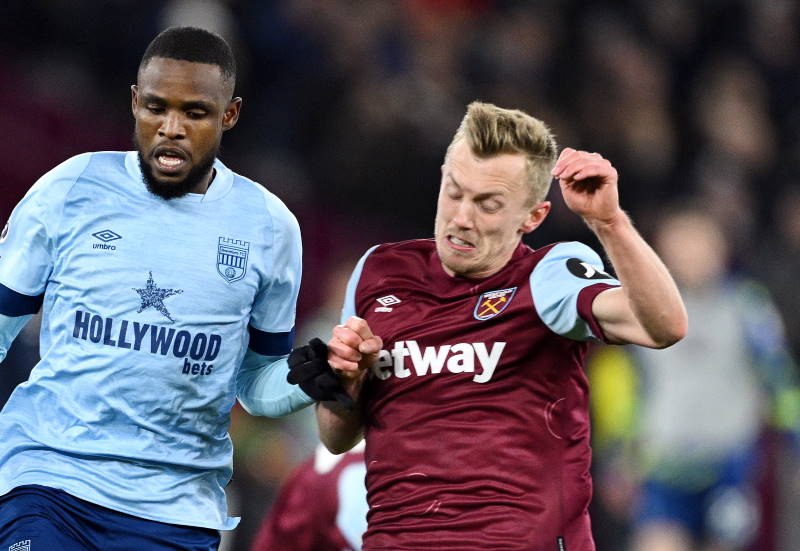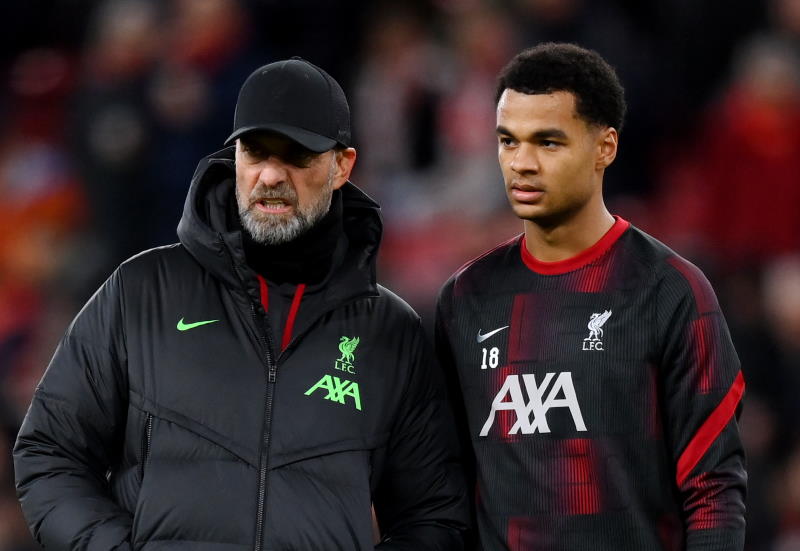
Compared with Thierry Henry since breaking on to the scene with Dutch giants Feyenoord, striker Luc Castaignos took a big step forward last summer by joining Inter. While first team football has been at a premium for the Dutchman, the learning curve has begun and Castaignos has shown further glimpses of quality when called upon by the Nerazzurri. Tipped for the very top and a shining star in Inter’s squad, Castaignos is very much a young man on the rise. Inside Futbol went to speak to the striker.
Inside Futbol (IF): Right place, wrong time. Is that the best way to describe your first season at Inter?
Luc Castaignos (LC): I don’t think so. I’m learning a lot here at Inter and I can’t forget that just two and a half years ago I was playing with Feyenoord’s youth team. Now at 19, I am at one of the biggest clubs in the world. Of course our season is not as good as people expected, however we must accept it. In recent years Inter won everything, but we all know that things cannot work out as planned every time.
IF: Did you think though that maybe another season as a regular in the Eredivisie would have helped your development more than sitting on the bench in Serie A?
LC: Absolutely not. When [Robin] van Persie moved to Arsenal, people said he left Holland too soon, but look at what an amazing kind of player he has become. I came to Italy to play more games if possible, but also to gain experience. Even if I am not a starter, I can learn a lot from training every day with world class footballers like [Wesley] Sneijder, [Diego] Milito, [Esteban] Cambiasso and [Javier] Zanetti. This is the main reason why last January I turned down every option I had to move on loan to another club.
IF: What do you think the main differences are between the Eredivisie and Serie A?
LC: Football in Italy is more physical and more focused on tactical discipline. Here teams often play with eight or nine men behind the ball. Also, the clubs are full of veterans. In Holland there are a lot of young players playing – nobody cares about the date of your birthday there, if you are good enough you play. In Serie A things are different. It is not only a question of money, but of mentality. Everybody here is just looking for one thing: to win. In Holland if you play good football but you lose, people say ‘okay, we are satisfied anyway’. In Italy this doesn’t happen. Moreover, the pressure is extremely high. The media can talk about a goal or a penalty here for days and days.
IF: Do you consider this win-at-all-costs mentality a positive thing?
LC: I can say that if you can break through here then it means you are ready for the top. My former team-mate Jon Dahl Tomasson, who played with Milan for many years, always warned me about the toughness of a competition like Serie A. Never stop working hard, he said.
IF: Who is the player who has impressed you the most in Serie A?
LC: There are two: Toto Di Natale and Francesco Totti. The Udinese striker is an incredible goal machine, while Totti is pure class. He produced such an amazing performance against us that I wondered ‘is this man really 35?’.
IF: What has been the best moment of your career so far?
LC: The goal against Siena. Not because it was my first Serie A goal, but because it was a winning goal too. At 19, in one of the hardest competitions in the world, I couldn’t ask for more.
IF: You’ve worked with a few coaches, Mario Been, Gian Piero Gasperini and Claudio Ranieri. Who was the best?
LC: They are coaches with different footballing philosophies and approaches to the game. However, if I have to choose one I will say Cor Adriaanse. He was my coach when I played with Feyenoord’s youth team. He was the man who moved me from midfield to the centre of the attacking line. When I started to play football with Excelsior ’20, an amateur club in Rotterdam, I was a central defender.
IF: Why is that? Why did you move up from defence?
LC: I was tall and fast. Maybe too fast for a role in the centre of the defence and often, when I had the ball, I started slaloming through the opposing team heading for goal. So they moved me into midfield, first on the right wing, then in the centre as a number 10. But I scored a lot of goals. Then one day Adriaanse said to me: ‘You should focus on scoring and not worry anymore about coming back’. So he deployed me as a central striker in a 4-3-3 system.
IF: So is playing as a winger still an option for you?
LC: Not now. I am a striker, nothing else. I score quite easily and this is my best quality. Thus, I have to play as close as possible to the opponent’s goal.
IF: People have compared you to Thierry Henry. But you have often looked more like a Roy Makaay-style striker. What is your view?
LC: These are both comparisons that make me proud. Someday I hope to become as good as both of them; quick and having a technique like Henry, and with Makaay’s cold-blooded composure in front of goal. I played a game with him at Feyenoord; he had an outstanding nose for goal. Makaay was the typical player that you could learn a lot from just by watching him play and in training.
IF: Last season at Feyenoord you were touted to continue Makaay’s legacy as the club’s top scorer, and you succeeded, hitting the back of the net 15 times. That is an important achievement if we consider that 2010/11 was a troubled season for Feyenoord. Do you agree?
LC: Yes. We were a very young team and of course our season was full of ups and downs. However, there was a thing I was particularly proud of at the end of the Eredivisie: we showed that Feyenoord’s academy is Holland’s best. Ajax’s academy is only more famous, but not better. Look at how many players from the youth system have become Feyenoord regulars in the last few years. And Holland’s youth teams are full of Feyenoorders.
IF: Can we compare the rivalry between Ajax and Feyenoord to the one between Inter and Milan?
LC: De Klassieker is the game of the season for every Feyenoord fan. If you beat Ajax, you can be satisfied. In Milan it is different. Both clubs want to win the Scudetto and to go as far as possible in the Champions League. The derby is important but it is not the game. And the fans don’t hate each other in the way Feyenoord’s and Ajax’s do. In Milan, nobody refuses to say the name of their club’s main rival. I see a bigger rivalry between Inter and Juventus. The Calciopoli scandal has surely increased it. However, it has never been the case that away fans were banned from the games due to fears of hooligan violence, like happened in the 2010 Dutch Cup final.
IF: Do you consider Bert van Marwijk’s Holland team as amongst the favourites to win Euro 2012?
LC: If we look back at how Holland played two years ago in South Africa, the answer is very simple. If everyone is in good physical condition, Holland could win the European Championship.
IF: Apart from Robin van Persie however, stars like Wesley Sneijder, Arjen Robben and Dirk Kuyt are not currently in their best form ever.
LC: Yes, but football is made by moments. It is one day yes and one day no, especially in a one-month competition like the European Championship. Look for example at Arjen Robben: he had an outstanding season with Bayern Munich in 2010, but missed two chances in front of Iker Casillas in the World Cup final. It did not matter how he played before or how fit he was. It was a moment. Yes or no. Unluckily it was no.
IF: How can such a small country like Holland produce the second best national football team in the world – according to FIFA rankings -, what is the secret?
LC: Jeugd. That means youth system. We have one of the best in the world, alongside Spain. In our academies a kid can learn everything: the basics, playing with two feet, keeping and protecting the ball, being comfortable in different positions across the pitch, learning different game situations. And technique is always put first.
IF: Robin van Persie, Klaas-Jan Huntelaar, Luuk de Jong, Ricky van Wolfswinkel and, maybe soon, Bas Dost. Holland’s team is getting crowded up front. Considering that you have two passports, have you ever thought of playing for France?
LC: Holland and France are both two very good teams. I have always played with Holland’s youth teams from the Under-17s (Castaignos is the all-time top scorer with 13 goals. ed) to the Under-19s and currently I am in the Under-21 squad. So, my dream is to wear the only Oranje shirt I am missing. But you never know, I am keeping every option open.
IF: Who was your idol when you were young?
LC: I liked Ronaldo. I chose to become a footballer, and not a basketball player like my father, when I watched him on TV.
IF: What is your dream in the game?
LC: To win the Champions League.
IF: Looking at the rising powers of Manchester City, Paris Saint-Germain and Anzhi Makhachkala, in your opinion, do clubs like Inter need to spend big money to seriously compete in the latter stages of the Champions League, or can it genuinely be won on a budget?
LC: A good football project is still more important than money. Look at Manchester City. Despite all the money they have spent, they failed in both the Champions League and in the Europa League and they are actually behind Manchester United in the Premier League. A big spending owner can help a club to be competitive, but you need something else to become a winner. It is a question of philosophy, mentality, strategy. All things that money can’t buy.

